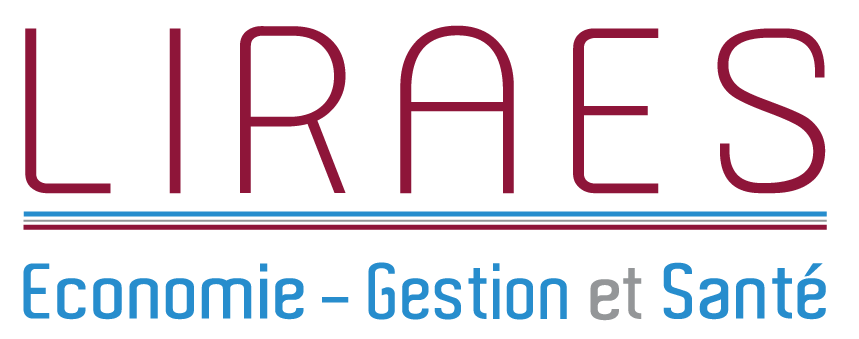Pauline Chauvin, Sarah Fustinoni, Laurence Seematter-Bagnoud, Marie Herr, Brigitte Santos Eggimann, « Potentially Inappropriate Prescriptions: associations with the health insurance contract and the quality of the patient–physician relationship?« , Health Policy, 2021, ISSN 0168-8510. https://doi.org/10.1016/j.healthpol.2021.06.011
Abstract
Context Potentially Inappropriate Prescriptions (PIP) are often used as an indicator of potential drug overuse or misuse to limit adverse drug events in older people.
Objective To determine whether PIP exposure differs as a function of the patient’s health insurance scheme and the patient–physician relationship.
Methods Our dataset was collected from two surveys delivered to two cohorts of the Swiss Lc65+ study, together with a stratified random sample of older people in the Swiss canton of Vaud. The study sample consisted of 1,595 people aged 68 years and older living in the community and reporting at least one prescription drug. Logit regression models of PIP risk were run for various categories of variables: health related, socioeconomic, health insurance scheme and patient–physician relationship.
Results 17% of our respondents had at least one PIP. Our results suggested that being enrolled in a health plan with restriction in the patient’s choice of providers and having higher deductibles were associated with lower PIP risk. PIP risk did not differ as a function of the quality of the patient–physician relationship.
Conclusion Our study helps to raise awareness about the organizational risk factors of PIP and, more specifically, how health insurance contracts could play a role in improving the management of drug consumption among community-dwelling older people.
Keywords
Inappropriate prescribing, cost sharing, managed care programs, physician-patient relations
